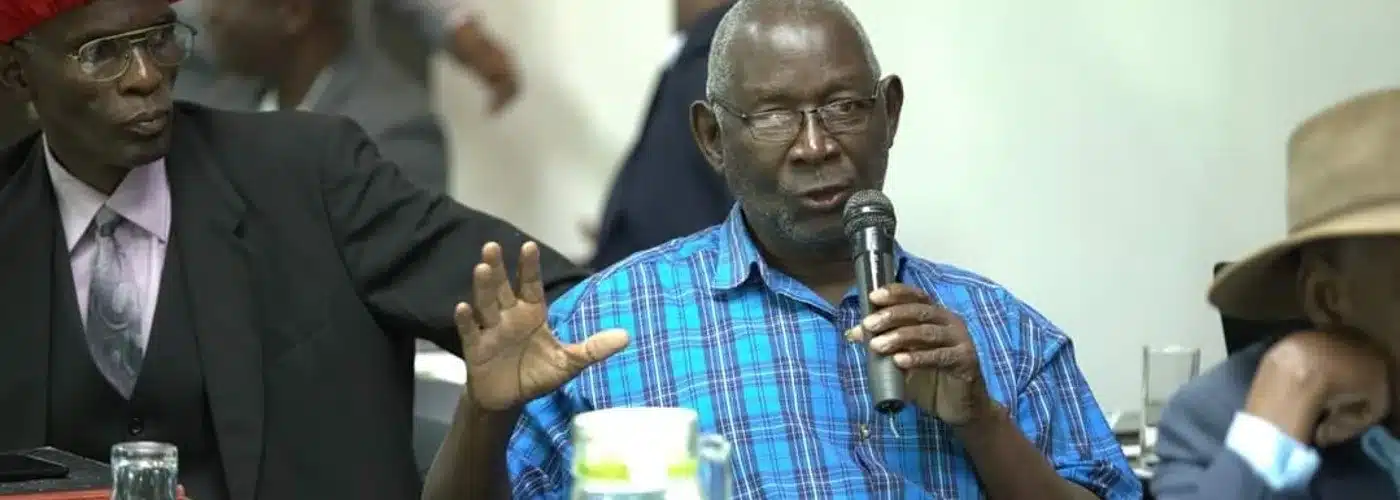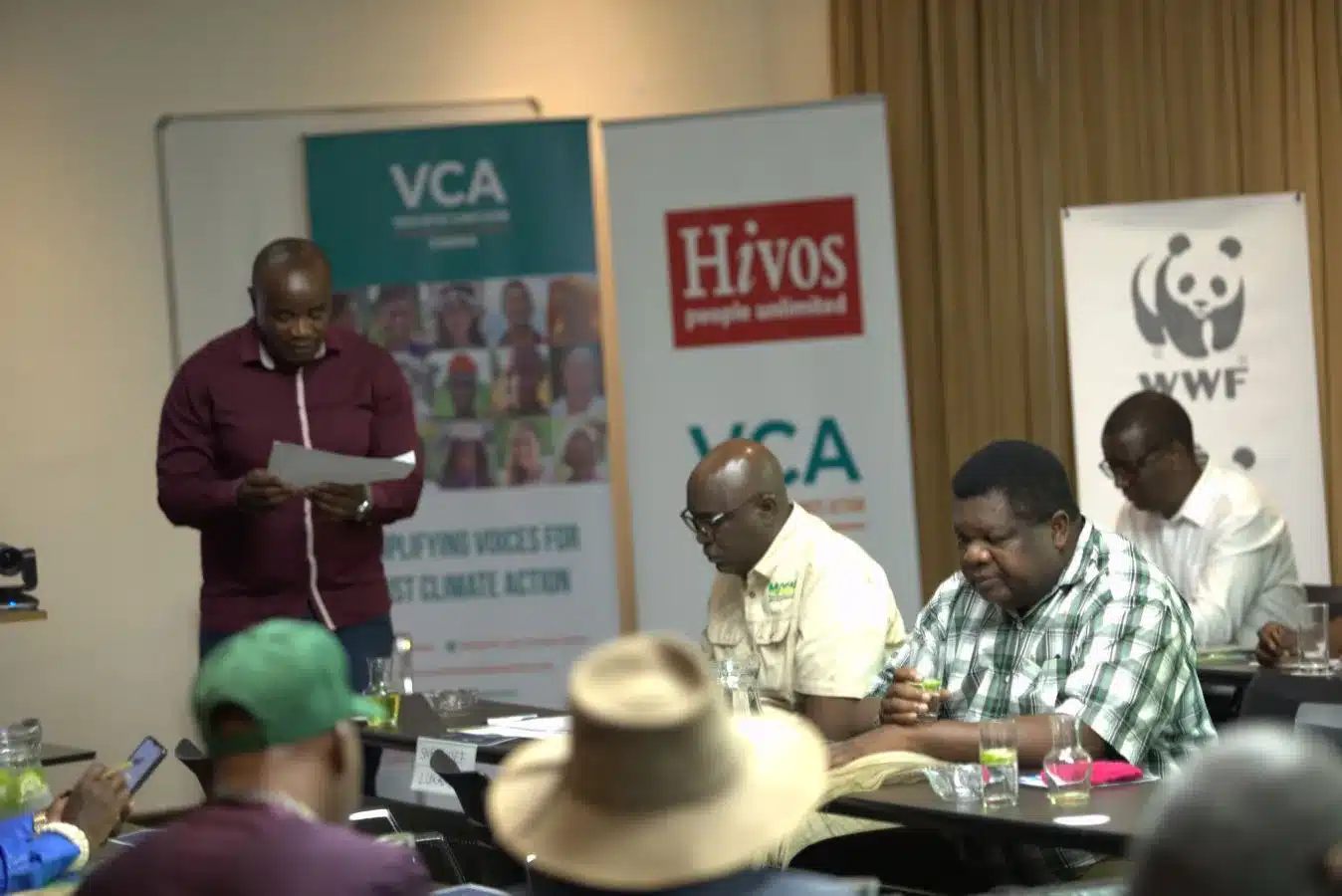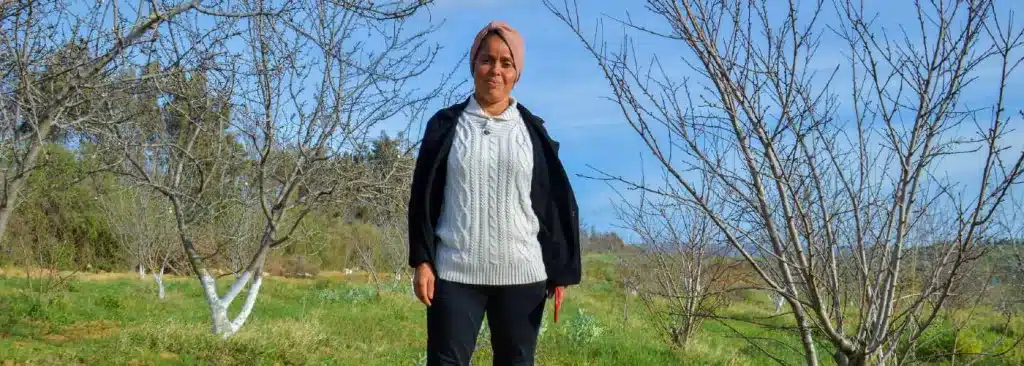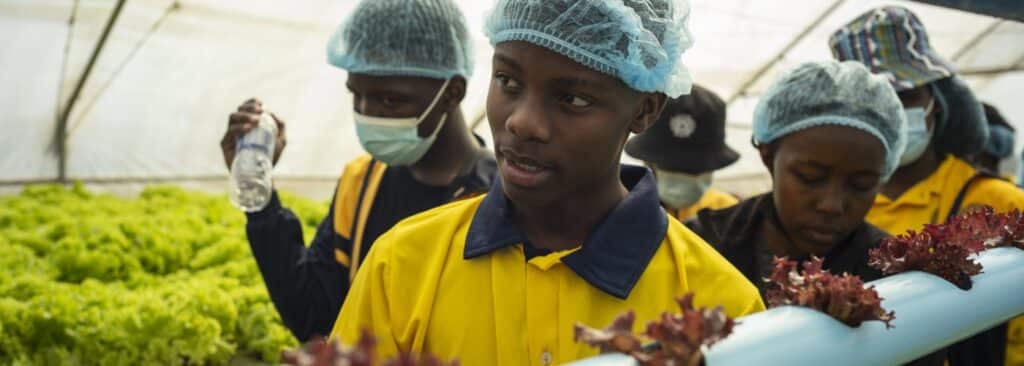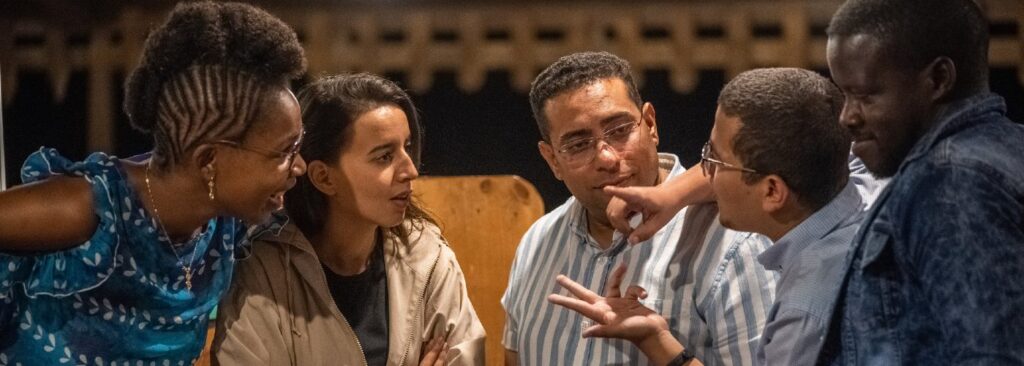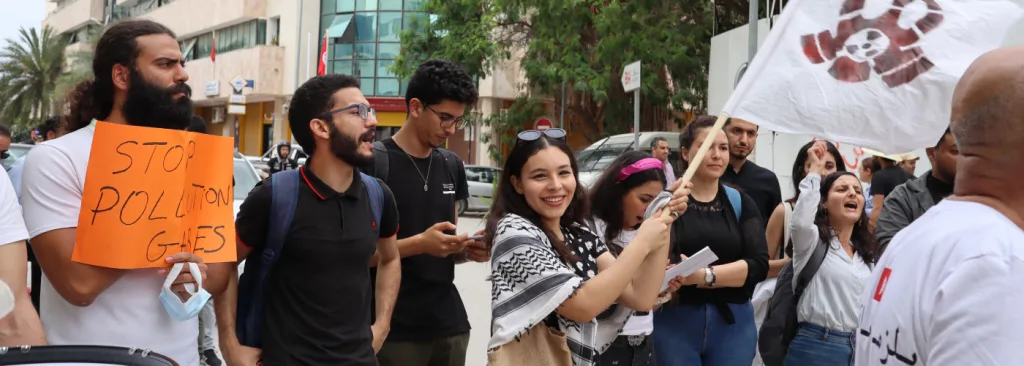By William Chilufya, Voices for Just Climate Action Program Manager in Zambia
Zambia has been experiencing the adverse impacts of climate change for the last three decades – including an increase in frequency and severity of seasonal droughts, rising temperatures in valleys, flash floods, and major changes in the growing season.
Recently, I joined a meeting of local chiefs in Livingstone, a city on the country’s southern border with Zimbabwe. What a sight it was to see the traditional rulers walk in, one by one! I was also inspired by the reason we had all gathered here: to synergize our local response to climate change. World Wildlife Fund organized the meeting on behalf of the Voices for Just Climate Action program in Zambia.
Listening to those on the front lines
Climate change affects everyone and everything, regardless of locality, ethnicity or social standing. What better way to learn about its effects than by listening to the very people who face its consequences on a daily base?
There were various issues that caught my attention during the meeting. An important one was that from 2001 to 2021, Zambia lost over two million hectares of tree cover. This rate of deforestation had to have been caused by a combination of factors in addition to climate change. Here it included poverty, poor forest management and inadequate policy-making.
The general feeling among the chiefs was that, while they themselves were working at the local level to maintain forests, government departments were still issuing timber and charcoal licenses. This totally undermines local legislation, rendering it ineffective.
The charcoal issue
Chief Chipepo of the Tonga People of Siavonga suggested that the production of charcoal should be banned altogether, although this would be unpopular. “Let the government look at banning charcoal, they should not think about potentially losing votes. They should provide alternative sources of heat and energy,” he said. He added that in other places in Zambia, more fuel-efficient Rocket Stoves have been introduced, which use small twigs.
But another chief argued that people make charcoal not just for their own use, but to sell as a source of income. Income which is important to them because after facing climate-change related challenges such as floods and crop failure, they still need to feed their families.
More cooperation and authority needed
A third chief stressed the need to work together more in the fight against climate change. Too many different players are working in isolation. This means that although much work is being done, its impact remains limited.
Other issues were discussed which showed the need for chiefs to be given more formal authority. They are seen to be custodians of the land, but have no real power backed by the law.
Is banning charcoal production the best way forward?
In the Voices for Just Climate Action program we take the view that climate change is more than a purely environmental problem. It is also a political, social and economic one. In Zambia, for example, we see how central a role poverty has played in deforestation. A ban on charcoal would indeed only be effective if alternative sources of energy and livelihoods are made available. Rural communities also need skills that allow them to participate in the transition to clean energy. For example, business skills and training in sustainable forest management that incorporates beekeeping, mushroom farming and gathering wild fruits.
In the end, deforestation caused by charcoal production is the symptom of an unsustainable and unjust economic system. And without sufficient tree cover, climate change is inevitable.

